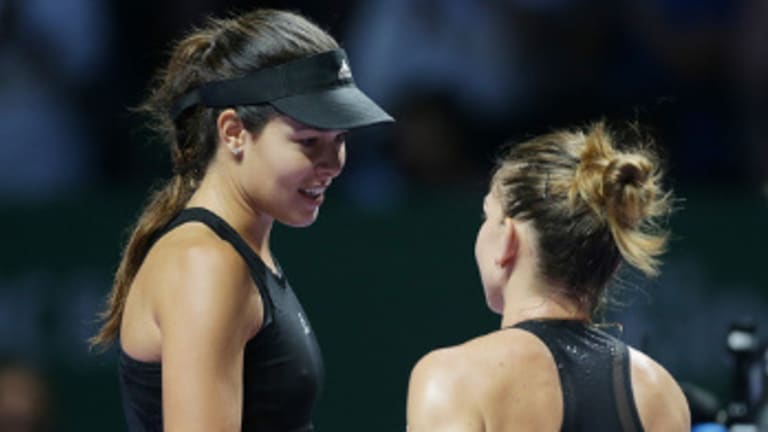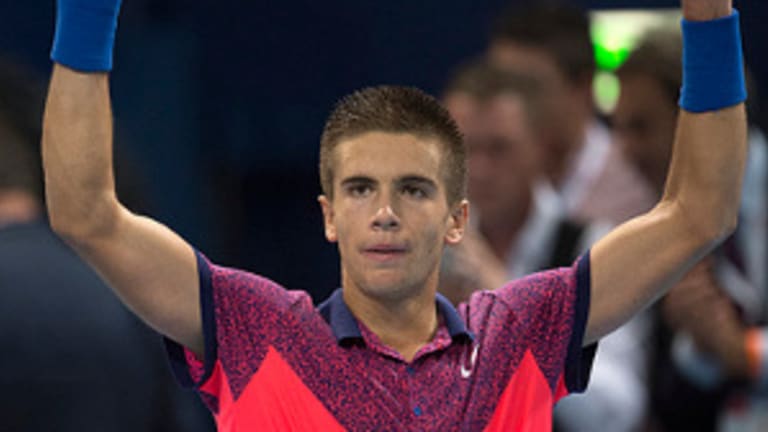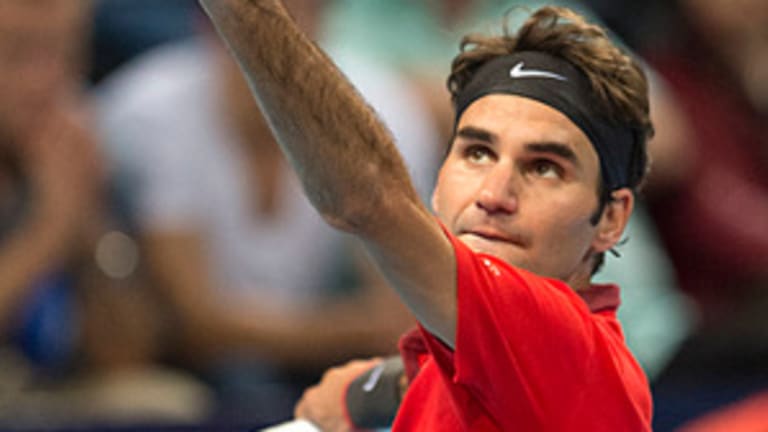Simona Halep held the WTA Finals in her hands for a couple of hours on Friday. As she walked out to play her final round-robin match, against Ana Ivanovic, she knew that she had already clinched a spot in this weekend’s semifinals. She also knew that if she lost in straight sets, she would guarantee Ivanovic's trip to the semis as well, thus eliminating top seed Serena Williams. In other words, with a few carefully timed shanks, Halep could make her own road to the title in Singapore a good deal smoother.
What should Halep have done? We know that the code of honor in sports tells you “play to win the game” at all times—you play for the integrity of the sport, for the fans who paid to watch you, for your own pride. But what if winning a match makes it more difficult, on paper, for you to win a tournament? Which takes precedence? Do the tours teach a class in “Round Robin Ethics?”
Lindsay Davenport, commentating on the Tennis Channel, advised Halep to split the difference: Try your best in the first set, Davenport said, and if you don’t win it, quietly “pack it in” in the second set. Early on, it looked like Halep herself might be conflicted about how hard to compete. She went up 5-2 in the first set before losing it 7-6, then appeared ready to do the same in the second when she let a 4-1 lead become 4-3. But Halep, surviving the long points and fist-pumping after the best of them, held on to win the last two games, eliminate Ivanovic, and put Serena in the semis.


